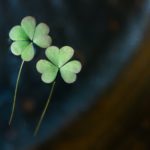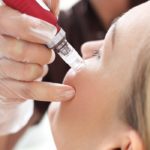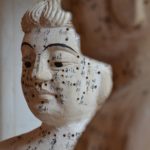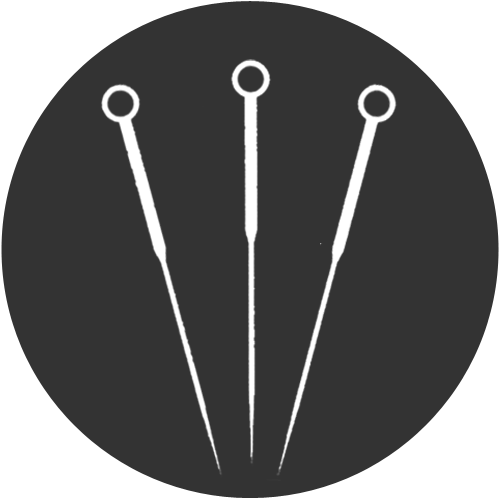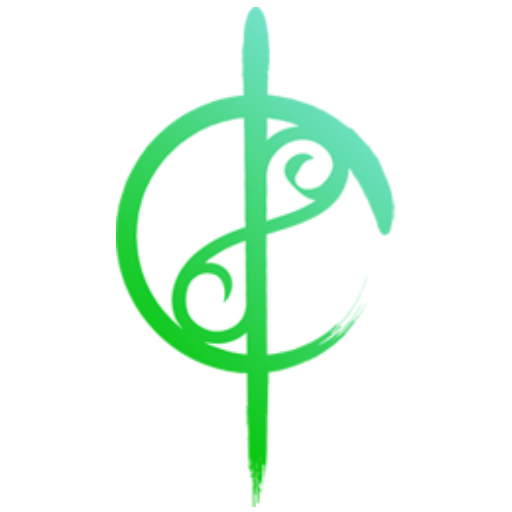Microneedling
How does Microneedling work?
Microneedling is a minimally invasive cosmetic procedure that works to rejuvenate the appearance of the skin. The microneedling device use tiny needle to create microscopic puncture to the skin, which initiate a cascade of healing responses, such as promoting production of collagen and elastin, increasing blood flow to newly formed capillaries. Together the effect improve the structure and texture of the skin.
Does Microneedling hurt?
There is some discomfort and it will depend on sensitivity of the skin and the size of needle used. Applying some numbing cream can be very helpful!
What conditions can Facial Acupuncture help?
- acne scars
- fine lines, crow’s feet
- large pores
- stretch marks
- hair loss
How many treatments do I need to see results?
Microneedling is generally preformed every 4-6 weeks, the time window is needed to allow the skin to run through its healing process for new collagen productions. Generally, a course of treatments consists of six treatments.
To maintain the results from microneedling, it is recommended to receive a treatment every 8-12 weeks.
What to expect after Microneedling treatment?
1. hemorrhage phase: immediately after the microneedling treatment, inflammation starts. Using water or hyaluronic acid help to calm the skin.
2. inflammatory phase: 1 to 4 days after the treatment, you may experience some superficial redness and flaking of old skin cells, which indicate the beginning of healing process. Continue using water or hyaluronic acid to help calm the skin.
3. Proliferation phase: 4 to 14 days after the treatment, the skin continues healing and producing more collagens. Adding Vitamin A and Vitamin C one week after the treatment.
4. Maturation phase: 2 weeks after your treatment, you may go back to your skin care routine.
What are contraindications for Microneedling?
- blood clotting problems: platelet abnormalities, easy bruising
- Accutane within the past 6 months
- Botox/facial fillers within the past 2-4 weeks
- pregnancy
- active skin diseases: poison ivy, hives, bacterial or fungal infections, rosacea

